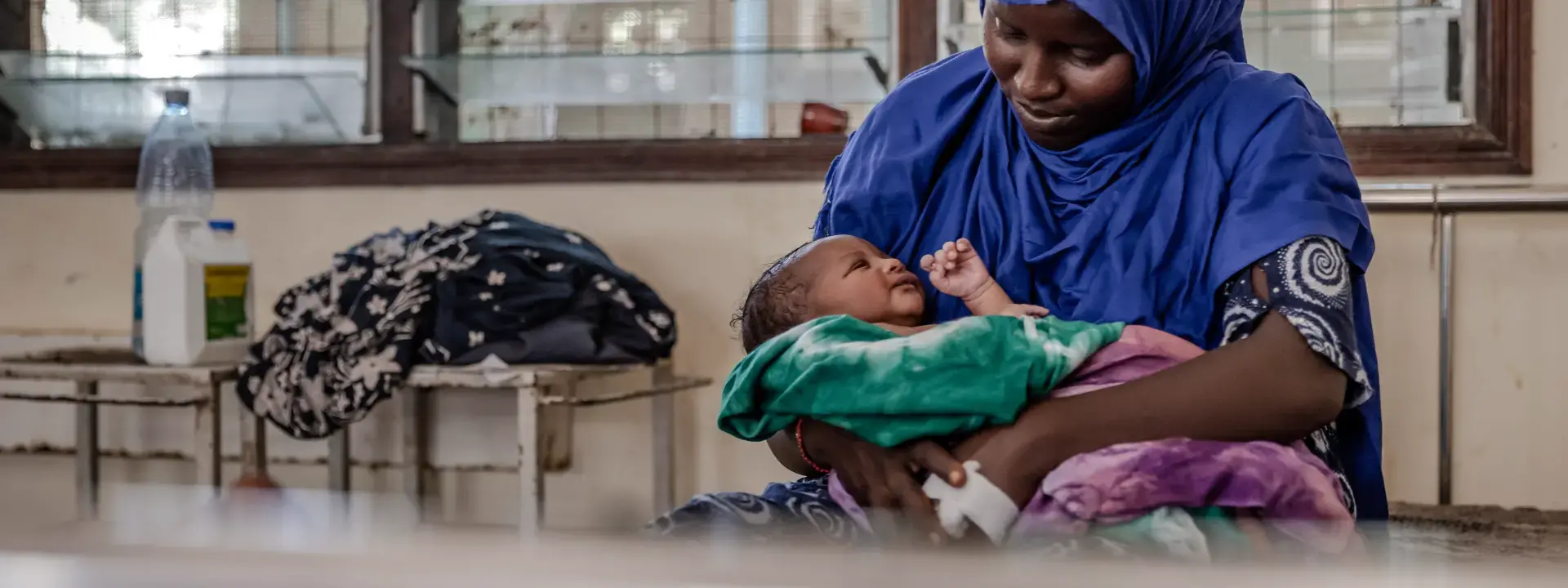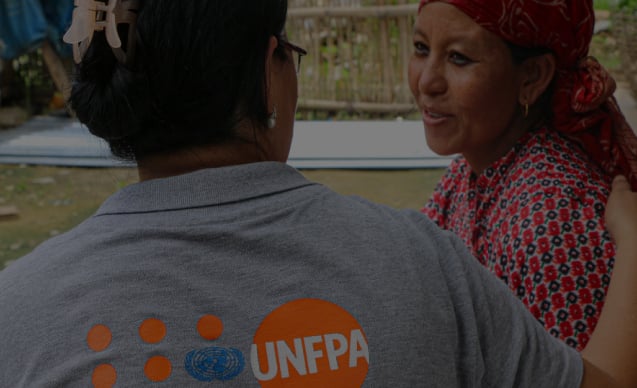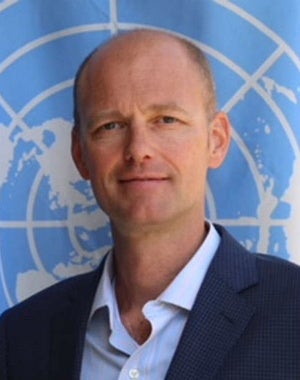About Us
About Us
UNFPA is the United Nations sexual and reproductive health agency. UNFPA works to ensure that every pregnancy is wanted, every childbirth is safe and every young person's potential is fulfilled.
Our 3 transformative results
In 2018, UNFPA launched efforts to achieve three transformative results, also known as the three zeros, by 2030:
- Zero unmet need for family planning
- Zero preventable maternal deaths
- Zero gender-based violence and harmful practices
UNFPA in Kenya
UNFPA works with partners including government institutions and civil society organizations in Kenya to implement innovative programs that address the diverse needs of women, adolescents, and marginalized communities. Our programmes, which operate in 18 counties further the realization of sexual and reproductive rights and choices for all people, particularly women and young people, by providing access to quality sexual and reproductive health services such as family planning, maternity health care, and comprehensive sexuality education. UNFPA also works to eliminate maternal deaths, address unmet family planning needs, and advocate against gender-based violence.
UNFPA Kenya unveiled its 10th Country Programme, which will run from 2022-2026, focusing on the following:
- Policy and accountability - Integrating sexual and reproductive health – including gender-based violence prevention – into national policies, development frameworks, and universal health coverage
- Quality of care and services - Strengthening the capacity of health systems and institutions to provide high-quality information, services, and supplies.
- Gender and social norms - Tackling gender norms that are holding back women and girls
- Adolescents and youth - Strengthening skills and opportunities for adolescents and youth to ensure bodily autonomy, to become leaders and active participants, and to build their human capital
- Evidence for programming - Strengthening data systems and evidence to take into account population changes and other megatrends in development policies and programmes.




